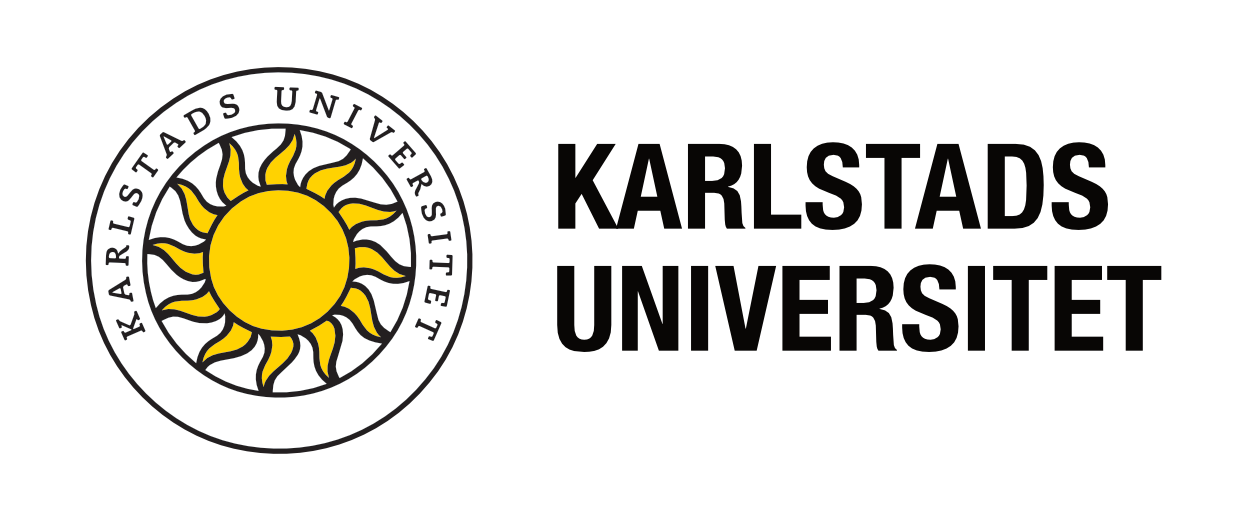Examination arrangement where the students in a course create quiz questions for a question bank that is used in the examination.
This example is from the KTH Example bank for examination arrangement.
Problem
“Fact knowledge and procedural skills can be one of the most difficult parts of a course to examine without a situation where the student is monitored. It is easy to search for answers in literature and on the internet and students’ answers can be identical but still not plagiarized. This approach provides an example of how factual knowledge can be examined as part of the examination“
Solution
The students themselves create quiz questions that test relevant factual knowledge from the course. Each student is assigned a specific area to formulate questions for. This is a compulsory part of the course and it leads to focused work with the factual knowledge in the course. The students examine each other’s questions and provide feedback, i. e. corrects faulty answers, poorly constructed questions, etc..
Teachers receive questions and construct the quiz practically in Canvas.
During the examination, a small number of questions from the bank are randomly assigned to each student.
Result
The description goes through how to do, step by step, and discusses pros and cons.
The arrangement has several merits. The students work towards the examination during a large part of the course. They examine each other’s questions and answer alternatives, which is also a preparation for working life, where they benefit from being able to assess whether a test examines what it is intended to examine. The arrangement creates a large question bank from which each student can then be examined on the basis of a smaller random selection of questions. The arrangement can be combined with other examination elements to better cover other parts of the course (which is described.).
Länk
- Evaluate knowledge of basic facts (A step by step description with comments on things to be aware of.)
KTH, Example bank for examination arrangements

